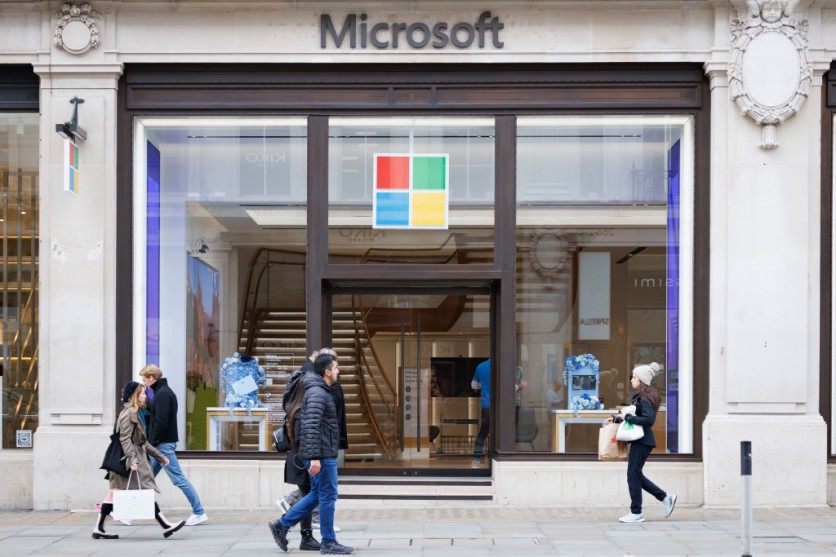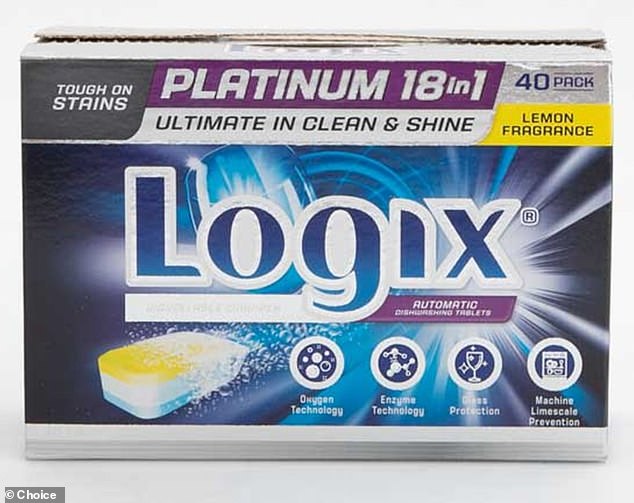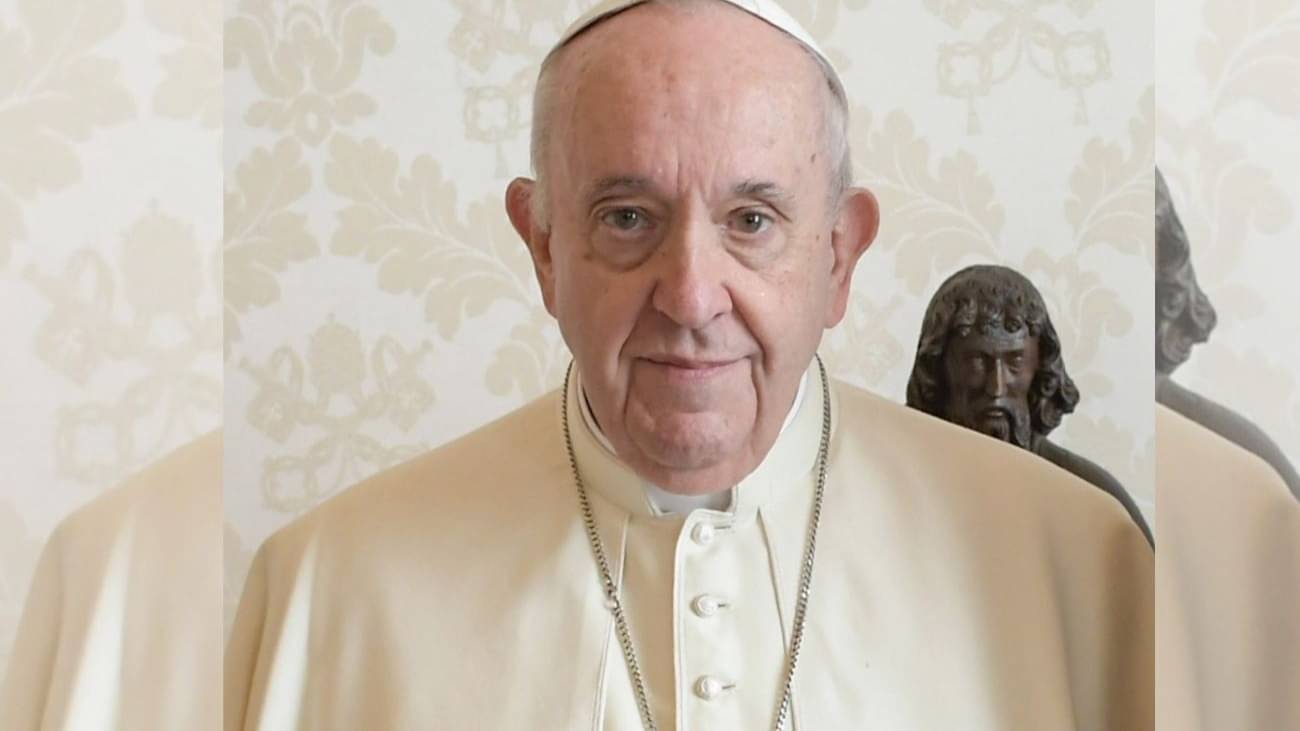FTC Challenges Microsoft's Activision Blizzard Purchase: A Legal Showdown

Table of Contents
The FTC's Core Arguments Against the Merger
The FTC's opposition to the Microsoft-Activision Blizzard merger rests on two primary pillars: concerns about market domination and the potential for anti-competitive practices.
Concerns about Market Domination
The FTC argues that the merger would grant Microsoft an unfair competitive advantage, especially within the rapidly expanding cloud gaming market. This concern stems from several key factors:
- Microsoft's existing dominance in the Xbox console market: Microsoft already holds a significant share of the console gaming market. Acquiring Activision Blizzard would further solidify this position.
- Activision Blizzard's ownership of popular franchises: Activision Blizzard boasts a portfolio of incredibly popular franchises, including Call of Duty, World of Warcraft, Candy Crush, and many more. These titles represent massive revenue streams and a loyal player base.
- The potential for Microsoft to exclude competitors: The FTC worries that Microsoft could leverage its control over these popular titles to exclude competitors from access to them, particularly on cloud gaming platforms. This could stifle innovation and limit consumer choice.
- Stifling innovation and competition in the cloud gaming space: The cloud gaming market is still relatively nascent, but it holds immense potential. The FTC fears that Microsoft's acquisition could significantly hinder the growth and competition within this sector. This could lead to a less innovative and less dynamic market overall.
Anti-Competitive Practices
Beyond market dominance, the FTC alleges the merger could lead to several anti-competitive practices detrimental to consumers:
- Potential for higher prices for gaming services and software: Reduced competition often translates to higher prices for consumers. The FTC is concerned that Microsoft could leverage its increased market power to raise prices for games, subscriptions, and other related services.
- Reduced choice for gamers regarding game platforms and subscriptions: With less competition, gamers might face fewer choices in terms of platforms and subscription services. This could limit consumer access to diverse gaming experiences.
- Limited innovation due to decreased competition: A less competitive market often leads to less innovation. The FTC argues that the merger could stifle innovation in game development, features, and overall gaming experiences.
- Harm to smaller game developers and publishers: The merger could negatively impact smaller developers and publishers, potentially squeezing them out of the market and reducing diversity in game offerings.
Microsoft's Defense Strategy
Microsoft counters the FTC's claims by emphasizing its commitment to fair competition and actively addressing the concerns raised.
Commitment to Fair Competition
Microsoft argues that the merger will ultimately benefit gamers and promote competition, not stifle it. Key elements of their defense include:
- Plans to bring Activision Blizzard games to more platforms: Microsoft has pledged to bring Activision Blizzard's titles to a wider range of platforms, including those of its competitors. This includes cloud gaming services beyond its own.
- Commitment to continued support for competitors' platforms: Microsoft aims to reassure competitors and consumers that it will continue to support their platforms and ensure fair access to games.
- Claims that the merger will accelerate innovation and create a more vibrant gaming ecosystem: Microsoft believes that combining resources and expertise will lead to greater innovation and a richer experience for gamers.
Addressing FTC Concerns
Microsoft has taken proactive steps to address the FTC's specific concerns:
- Offering concessions and agreements to mitigate potential anti-competitive effects: The company has offered various concessions and agreements aimed at mitigating any potential negative impacts on competition.
- Presenting evidence to support its claims of fair competition: Microsoft has submitted extensive evidence to support its assertions that the merger would not harm competition and would, in fact, be beneficial for the industry.
- Emphasizing the benefits of the merger for consumers and the gaming industry as a whole: Microsoft continues to highlight the potential positive impacts of the merger on consumers and the broader gaming industry.
Potential Outcomes and Implications
The FTC's challenge will undoubtedly lead to a protracted and complex legal battle, with far-reaching implications for the gaming industry.
The Legal Battle Ahead
The legal battle promises to be lengthy and complex:
- Potential for court hearings, appeals, and settlements: The case could involve multiple court hearings, appeals, and the potential for a settlement agreement.
- Uncertainty regarding the timeline for a final decision: The timeline for a final decision remains uncertain, with the legal process potentially stretching over several years.
- Impact on the future of mergers and acquisitions in the tech industry: The outcome will significantly influence future mergers and acquisitions in the tech industry, setting important precedents for regulatory scrutiny.
Impact on the Gaming Industry
The outcome of the FTC Microsoft Activision Blizzard case will profoundly impact the gaming industry:
- Impact on game pricing and accessibility: The decision will likely affect game pricing, subscription models, and the overall accessibility of games to consumers.
- Potential for changes in regulatory oversight of the gaming sector: The case could trigger changes in regulatory oversight of the gaming sector, potentially leading to stricter regulations in the future.
- Influence on future mergers and acquisitions within the industry: The outcome will significantly influence future mergers and acquisitions within the gaming industry, impacting the consolidation and competitive landscape.
Conclusion
The FTC's challenge to Microsoft's acquisition of Activision Blizzard is a pivotal moment for the gaming industry and antitrust enforcement. The legal battle promises to be intense, with significant implications for competition, innovation, and consumer choice. The outcome will likely set a precedent for future mergers and acquisitions in the tech sector, shaping the landscape for years to come. Keep following the developments in this pivotal FTC Microsoft Activision Blizzard case to stay informed about the potential effects on the gaming world. Understanding the implications of this FTC Microsoft Activision Blizzard legal showdown is crucial for anyone involved in or following the gaming industry.

Featured Posts
-
 Cheap Stuff That Actually Works
May 06, 2025
Cheap Stuff That Actually Works
May 06, 2025 -
 Understanding Papal Names History Significance And Speculation On The Next Pontiff
May 06, 2025
Understanding Papal Names History Significance And Speculation On The Next Pontiff
May 06, 2025 -
 Westpac Wbc Profit Decline Margin Pressure Impacts Earnings
May 06, 2025
Westpac Wbc Profit Decline Margin Pressure Impacts Earnings
May 06, 2025 -
 Weakening Us Dollar Implications For Asian Currency Stability
May 06, 2025
Weakening Us Dollar Implications For Asian Currency Stability
May 06, 2025 -
 Fox News Faces Defamation Lawsuit From Ray Epps Over January 6th Reporting
May 06, 2025
Fox News Faces Defamation Lawsuit From Ray Epps Over January 6th Reporting
May 06, 2025
Latest Posts
-
 Sabrina Carpenters Unexpected Snl Collaboration A Fun Size Twist
May 06, 2025
Sabrina Carpenters Unexpected Snl Collaboration A Fun Size Twist
May 06, 2025 -
 Snl Sabrina Carpenter Teams Up With A Familiar Face
May 06, 2025
Snl Sabrina Carpenter Teams Up With A Familiar Face
May 06, 2025 -
 Unexpected Snl Guest Sabrina Carpenter And A Fun Size Familiar Face
May 06, 2025
Unexpected Snl Guest Sabrina Carpenter And A Fun Size Familiar Face
May 06, 2025 -
 Snl Guest Appearance Sabrina Carpenter Teams Up With Fun Size Castmate
May 06, 2025
Snl Guest Appearance Sabrina Carpenter Teams Up With Fun Size Castmate
May 06, 2025 -
 Sabrina Carpenter And Fun Size Co Stars Surprise Snl Appearance
May 06, 2025
Sabrina Carpenter And Fun Size Co Stars Surprise Snl Appearance
May 06, 2025
